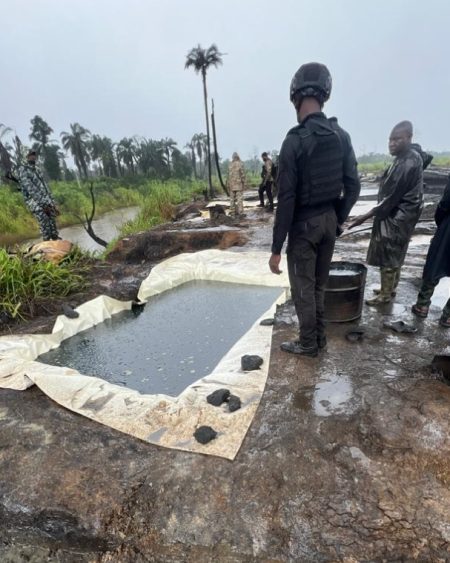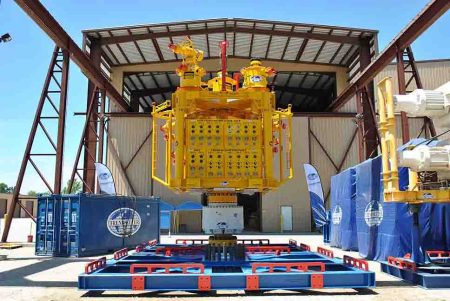
Oscarline Onwuemenyi
21 October 2015, Sweetcrude, Abuja – Nigeria is said to have lost over a billion dollars over the controversial Malabu oil deal due to lack of transparency.
This is according to a report by the international watchdog, Global Witness, which said in a new report; ‘How to Lose $4 Billion’, that a lack of beneficial ownership transparency in the oil and gas industry led to the loss of $1.1bn in a single deal by Nigeria.
The report stated that Nigeria was one of several African countries in which lucrative oil and mining assets worth $4bn were awarded to companies with hidden owners, thereby diverting vast resource revenues to unknown private pockets.
Reports have indicated that more than half of the N171.32 billion ($1.1 billion) paid to Malabu Oil and Gas for the procurement of one of Nigeria’s richest oil fields, OPL 245 by Shell and Eni was used to bribe Nigerian politicians and intermediaries who helped to secure the controversial deal.
According to a letter seeking the help of UK’s Crown Prosecution Service (CPS) to freeze the assets of those involved, Italian prosecutors said some of the N83 billion ($533 million) slush money was used to buy private jets and armoured vehicles.
“We are investigating many money transfers to many people in various countries who received sums that vary from millions of dollars to thousands of dollars,” Reuters claimed the letter reads.
British prosecutors acting on the request have already frozen two accounts with combined sum of N29.5 billion ($190 million) belonging to the chief intermediary, Emeka Obi.
Former oil minister, who was convicted for money laundering in France, Dan Etete, owns Malabu Oil and Gas. The company was incorporated five days before the oil block was awarded to it in 1998 during the regime of military dictator, Sani Abacha.
With regard to how anonymous companies made $1.1bn disappear in a single deal in Nigeria, Global Witness noted that “in 1998, the then Minister of Petroleum Resources, Dan Etete, awarded a company called Malabu Oil and Gas a huge oil block off the West African coast called ‘OPL 245’, without publicly declaring that he was the owner of the company.
“The OPL 245 block was said to have been purchased in 2011 by European oil companies, Shell and Eni, who paid $1.1bn into an account set up by the Nigerian government”.
The report stated, “The government agreed to transfer the same amount to a Nigerian company called Malabu Oil and Gas, which was secretly owned by a former oil minister, Dan Etete. Malabu eventually passed $800m of the money to a network of Nigerian companies with anonymous owners, which were apparently vehicles for paying others involved in the deal”.
Shell and Eni had always denied paying money to Malabu, however, Global Witness said court evidence arising from suits brought against Malabu for unpaid fees by the middlemen involved in facilitating the deal showed that they knew that the funds would go to the company.
Global Witness noted that the OPL 245 deal had now been investigated by authorities in three countries, saying the Nigerian House of Representatives in a 2014 vote called on the government to cancel the deal, and the Economic and Financial Crimes Commission “is also investigating, and recently questioned Dan Etete.”
“With a new government now in power publicly committed to rooting out corruption, there is a risk that Shell and Eni may have their exploration rights revoked because of the way the block was acquired,” it said. It also added, “This iconic case demonstrates why EITI must embrace beneficial ownership disclosure as a matter of urgency”. Global Witness said if the EITI required disclosure of beneficial owners, it would pave the way for real transparency in the country.



